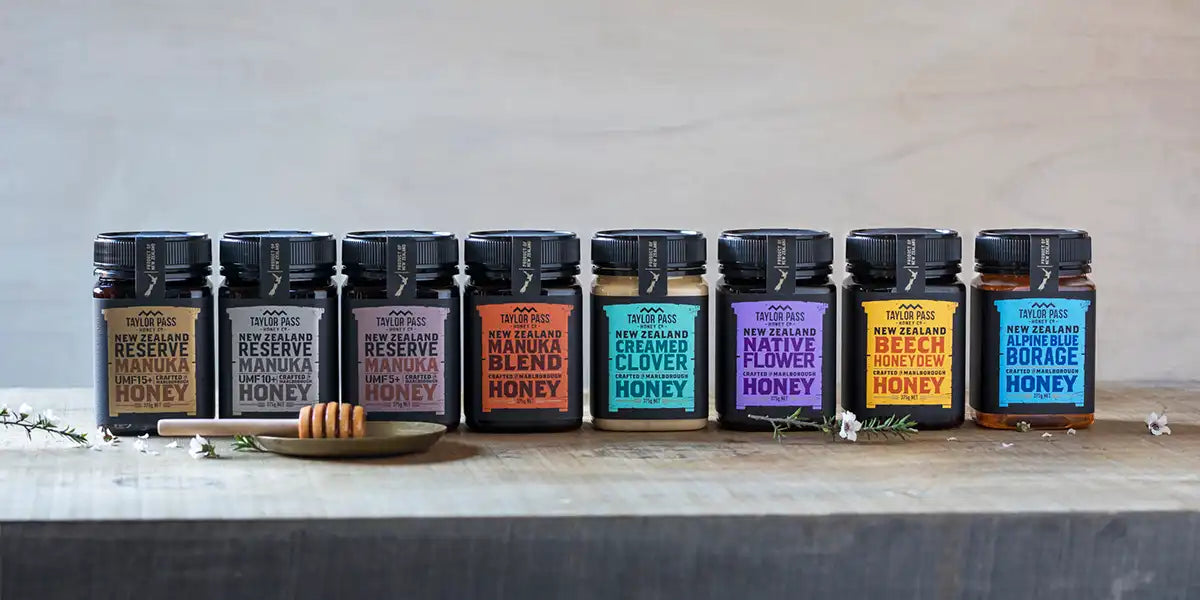Why World Bee Day Matters Today More Than Ever Before
Every year on May 20th, the world comes together to mark World Bee Day. The date was first declared by the United Nations in 2018 and chosen to honor the birthday of Anton Janša, a pioneering Slovenian beekeeper who revolutionized apiculture. Today, understanding bees' vital role in our ecosystem, food security, and even our health is more important than ever.
The Heroes of Our Food Systems
When we sit to enjoy a meal, we rarely consider the journey our food has taken to reach our plates. Yet the reality is eye-opening: bees and other pollinators are critical in producing over 35% of the world's food crops. From the berries in our morning smoothie to the almonds in our afternoon snack, bees have quietly contributed to nearly one in every three bites of food we consume.
Recent research further reveals the value of these beloved pollinators. Beyond simply enabling plants to reproduce, bee pollination improves the quality, yield, and even nutritional value of many crops. Studies show that properly pollinated fruits often contain higher vitamin content, too.
As global food security concerns continue to grow alongside our population, the stability of pollinator populations becomes increasingly relevant to our collective future. World Bee Day serves as a reminder of this essential relationship.
The Remarkable Health Benefits of Honey
Science continues to validate what traditional wisdom has known for centuries: Honey is far more than just a sweetener. Recent research has uncovered the remarkable health benefits that make honey, particularly Mānuka honey, a powerful ally for wellness.
Studies have demonstrated honey's natural antibacterial properties, with Mānuka honey showing effectiveness in supporting respiratory health and immune function.
Honey also contains antioxidants such as flavonoids and phenolic acids. These compounds help protect the body from oxidative stress and may reduce inflammation, offering health benefits not found in processed sugar. And unlike sugar production, which requires large-scale monoculture farming, significant land clearing, and heavy use of water, fertilizers, and pesticides, beekeeping for honey does not require land to be cleared or cultivated. Bees thrive in healthy, biodiverse environments, and sustainable honey production encourages the preservation of forests and wild habitats.
"Bee Inspired by Nature to Nourish Us All": The 2025 Theme
This year's World Bee Day theme, "Bee inspired by nature to nourish us all," captures both the challenges and opportunities of the current moment. At Taylor Pass Honey Co., every aspect of our business is inspired by bees and the natural efficiencies of these fantastic creatures; like the bees, we work with the lightest touch so our award-winning honey and the spectacular environment we live in can be enjoyed for generations.
This approach reflects a growing recognition that working in harmony with natural systems, rather than against them, represents our most promising path forward. Bees demonstrate remarkable efficiency, using complex communication, collaborative work, and precise resource management to achieve their goals, principles that human food systems would do well to emulate.
The theme also acknowledges that proper nourishment extends beyond calories to encompass the health of our environment, communities, and bodies. By celebrating World Bee Day, we recognize that healthy food depends on healthy ecosystems where pollinators can thrive.
How You Can Honour World Bee Day
Celebrating World Bee Day becomes more beneficial when it extends beyond awareness to action. The most impactful way to honor the spirit of this day is through conscious consumer choices that support bee health year-round.
Chief among these choices is replacing processed sugar with sustainable honey from ethical producers. When you choose honey from responsible beekeepers like Taylor Pass Honey Co., you're supporting practices that maintain healthy hives and bee-friendly habitats.
Using honey as your primary sweetener in your morning tea or favorite recipes can be a regular action that aligns with the core values World Bee Day promotes. It's a delicious way to "vote" for the world you want to see, one where pollinators are valued and protected.

This World Bee Day, consider making the switch to sustainable honey as your sweetener of choice. It's a simple change that supports bees, promotes ethical beekeeping, benefits your wellness, and helps ensure these remarkable creatures continue their essential work for generations to come.
After all, in a world of complex environmental challenges, sometimes the sweetest solutions are also the simplest.


